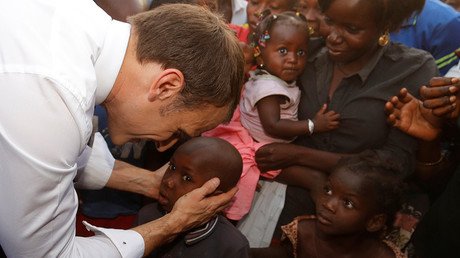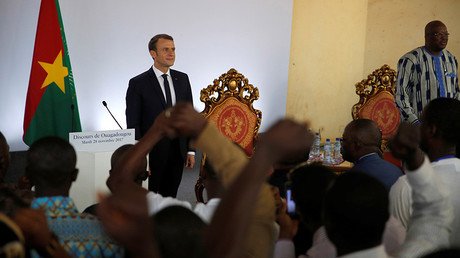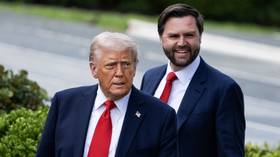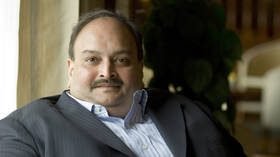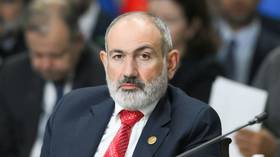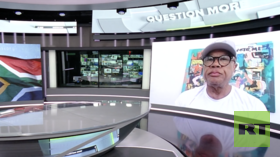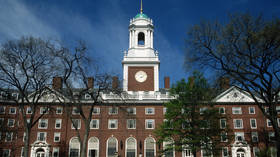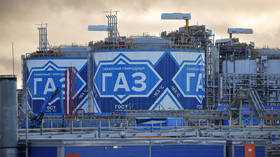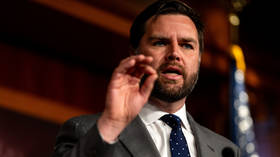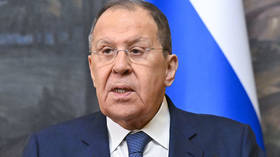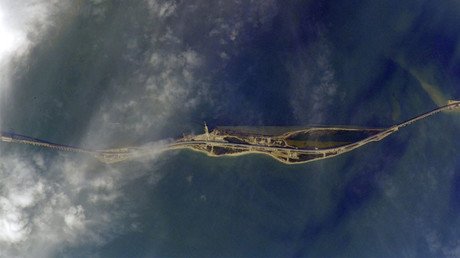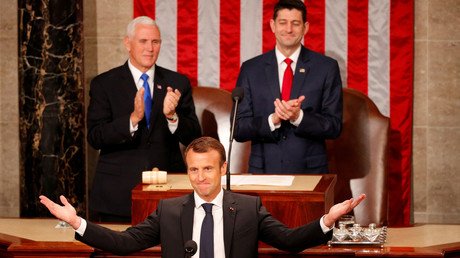‘Close the colonial chapter’: Macron heads to New Caledonia ahead of independence referendum
Emmanuel Macron heads to the French overseas territory of New Caledonia, which is bracing for a self-determination referendum. While pro-independence activists are ready to close “the colonial chapter,” others fear conflict.
Only six months are left until a referendum on independence for the small South Pacific archipelago will be held, scheduled for November 4. New Caledonia is gearing up to welcome French President Emmanuel Macron on Thursday, fresh from his visit to the US.
New Caledonia is facing a crucial choice: independence or staying with Paris. For Rock Wamytan, President of Kanak and Socialist National Liberation Front, the answer is clear.
“Our goal is to go as far as possible, which is, for us, to close the colonial chapter with France,” he told Ruptly news agency. Back in 1998, the overseas territory signed a deal with Paris, gaining greater autonomy and paving the way for an independence vote.
The majority of the indigenous Kanak people, which make up about 40 percent of the archipelago’s population, are in favor of independence.
Wamytan believes that if the ‘No’ vote wins, activists will call for more referendums. “So we have time to convince the people, mostly non-Kanaks, as they are the ones generally voting against independence. It’s in their future interest to form this country.”
Similar ideas were echoed in remarks by Victor Tutugoro, the Melanesian Progressive Union leader. He assumes that New Caledonians live in a country “that is still based on too many colonial privileges.”
“We still have very few judges, doctors because today, we can make it but we still need special measures to get there,” he said.
The advocates of staying with France say that things are pretty good as they are. “We depend on France, we are too far away from everything. I don’t know what we would become without France. Financially, France helps a lot,” Claude, a New Caledonia resident said.
READ MORE: 'We're not Macron's toilet': French anti-migrant raid outside Turin sparks fury in Italy
Fierce anti-independence activist and politician Sonia Backes believes that an independent New Caledonia is the worst solution as it would result in “poverty for all and permanent conflicts.”
The territory has no means “to govern itself” and therefore will have “difficulties to provide healthcare for all or access to higher education,” Backes, who serves as the president of Les Republicains group in the New Caledonian congress, stated.
There are also those who are for becoming independent and receiving French support – ‘having their cake and eating it, too.’ “I don’t know what we are going to become without France. Therefore I would like independence but with France, with its support,” another resident named Annick stressed.
The archipelago, with its pristine Pacific beaches, marvelous lagoons, and picturesque wildlife caught the attention of British explorer Captain James Cook in 1774. He named it New Caledonia after noticing that the islands reminded him of Scotland. In 1853, France annexed the territory, which later became a penal colony.
It is quite unclear what effect Macron’s upcoming visit might have on the independence referendum, given his previous endeavors in overseas territories and former French colonies. Back in March 2017, the then-presidential candidate erroneously called French Guiana – the second largest region of the country – an island, while, in reality, it’s definitely a part of the South American continent.
Last June, the French president created a social media sir after saying that Africa had “civilizational” problems, and “when countries still have seven to eight children per woman” even “billions of euros” would not help them.
Macron’s trip to Africa was also full of blunders. He managed to pin the blame for human trafficking squarely on Africans and even told students in Burkina Faso that “sometimes you talk to me like I’m still a colonial power,” urging the country to solve its problems without France. The remark apparently insulted Burkina Faso’s president, who left the room after it.
Think your friends would be interested? Share this story!
